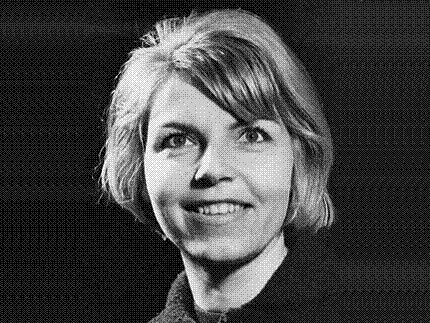Milana Broš was a dancer and choreographer. She studied classical ballet with Mia Čorak, Olga Orlova, and Margareta Froman, as well as with A. and Clotilde Sacharoff in Italy. She graduated in art history from the Faculty of Philosophy in Zagreb.
In 1945/46, she was a member of the Ballet of the Croatian National Theater, and from 1948 to 1954, she danced with the Lado ensemble. After further training in Paris (1954–56), she worked as a teacher and choreographer at the Zagreb Pioneer Theatre. Exploring new ways of communication through movement and improvisation, she founded the Experimental Free Dance Group in 1962, which became independent the following year as the Chamber of Free Dance Ensemble.
Her choreographic work can be divided into three distinct phases. The first phase, rooted in modern dance, includes notable choreographies such as Song of Young Men in a Burning Stove (K. Stockhausen), Ionization and Integrali (E. Varese), and Writing Machines + Jazz (R. Liebermann). The second phase focuses on spatial exploration and the relationship between performers and the audience, resulting in works like Games (A. von Webern, I. Malec, B. Sakač, I. Kuljerić), Dreams (M. Subotnic, M. Davies, D. Ellis), Fairy Tale (D. Detoni), and Event 13 (R. Strauss, M. O. Mussorgsky, L. Berio, D. Detoni). The third phase is characterized by a conceptual approach to dance, as seen in Enantodromia (R. Moran), Scenes for Five Walkers (M. Kagel), and 29 October 1780 (R. Moran).
For her performance at the Théâtre d’Essay de la Danse in Paris in 1968, she received an award from the French Institut de la Recherche et des Études Chorégraphiques. In 1972, Dreams was recognized as the most contemporary performance at the Ballet Biennale in Ljubljana, while Event 13 was named the most successful performance at the Festival of Student and Experimental Theatres in Palermo in 1976.
In recent years, she has collaborated with non-dancers, organizing dance workshops in partnership with the Center for Multimedia Research at the Student Center in Zagreb. She continues her pedagogical work at the Functional Music School, the Veljko Vlahović Cultural Center, and the Student Cultural Center.


